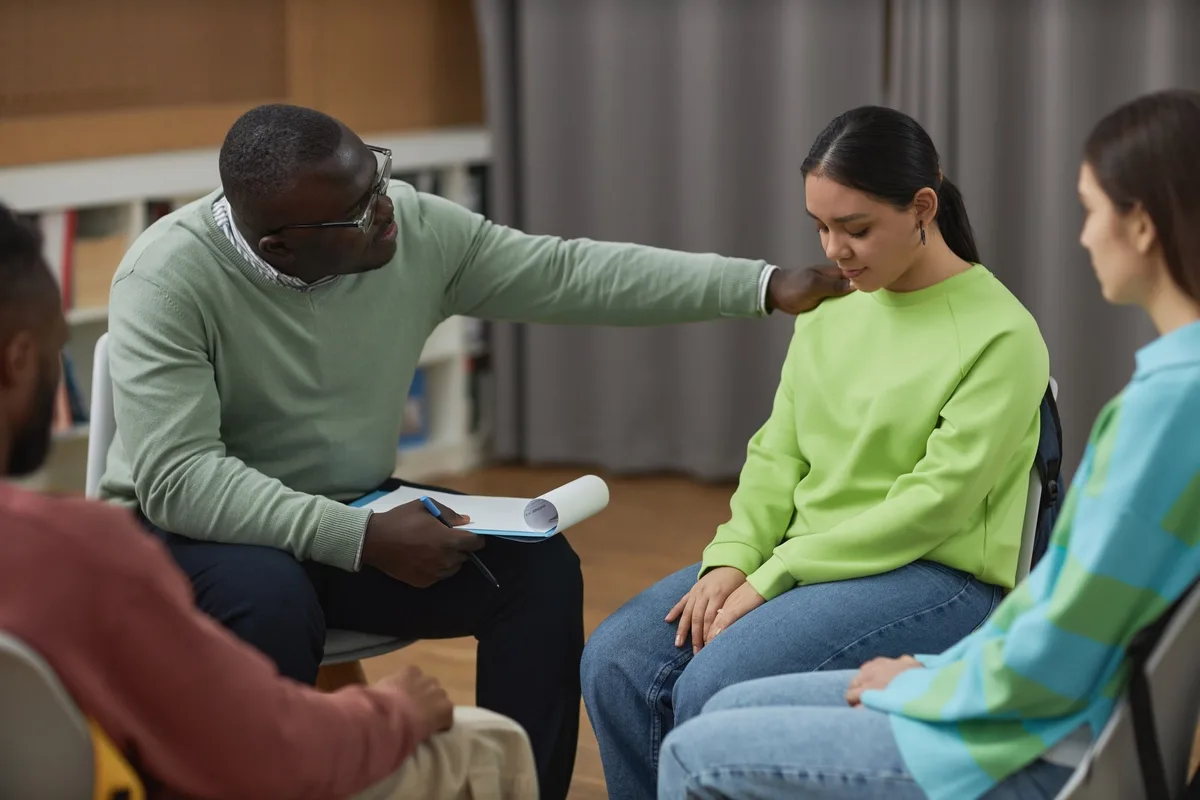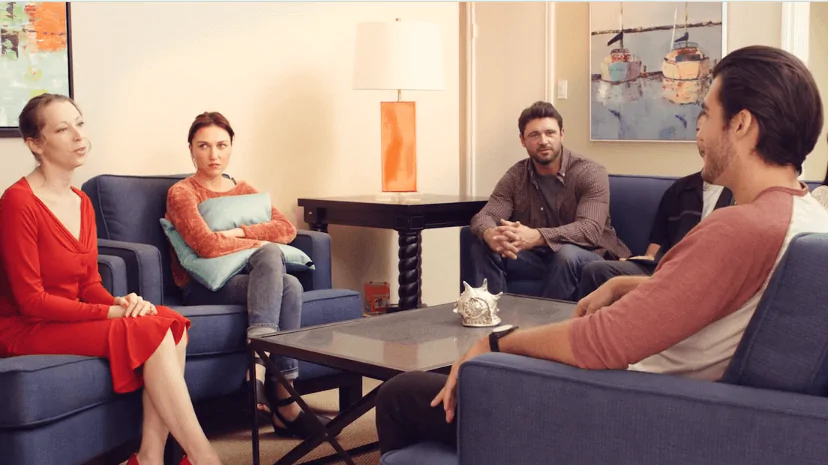24/7 Helpline:
(866) 899-111424/7 Helpline:
(866) 899-1114
Learn more about Prescription drug Rehab centers in Watonga
Prescription drug Rehab in Other Cities

Other Insurance Options

Covered California

Carleon

Absolute Total Care

BlueCross

MVP Healthcare
Beacon

Cigna

CareSource

Meritain

Health Partners

Excellus

Premera

UnitedHealth Group

Sliding scale payment assistance

Magellan

BlueShield

Optum

Choice Care Network

United Health Care

Private insurance

Red Rock Behavioral Health Services
Red Rock Behavioral Health Services is a private rehab located in Watonga, Oklahoma. Red Rock Behavi...



YouthCare of Oklahoma
YouthCare of Oklahoma is an outpatient clinic that provides mental health and substance use treatmen...







































































